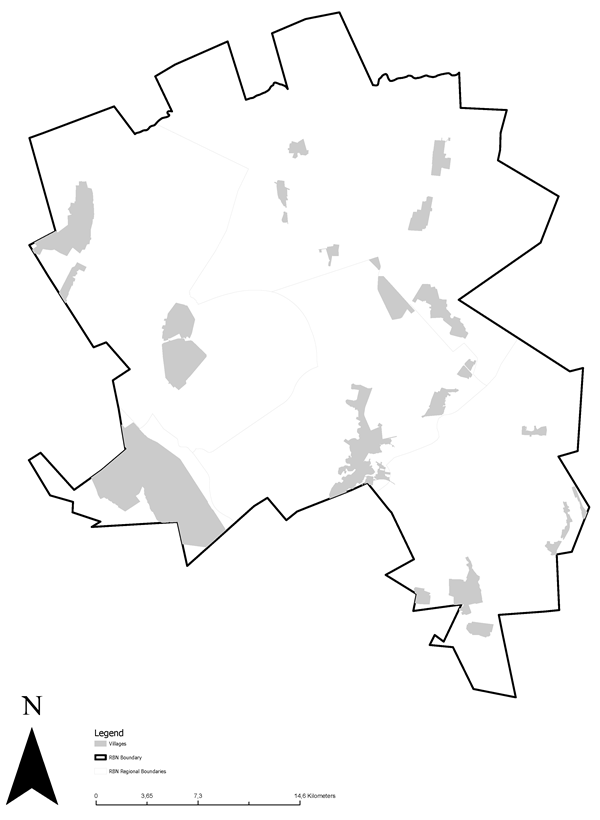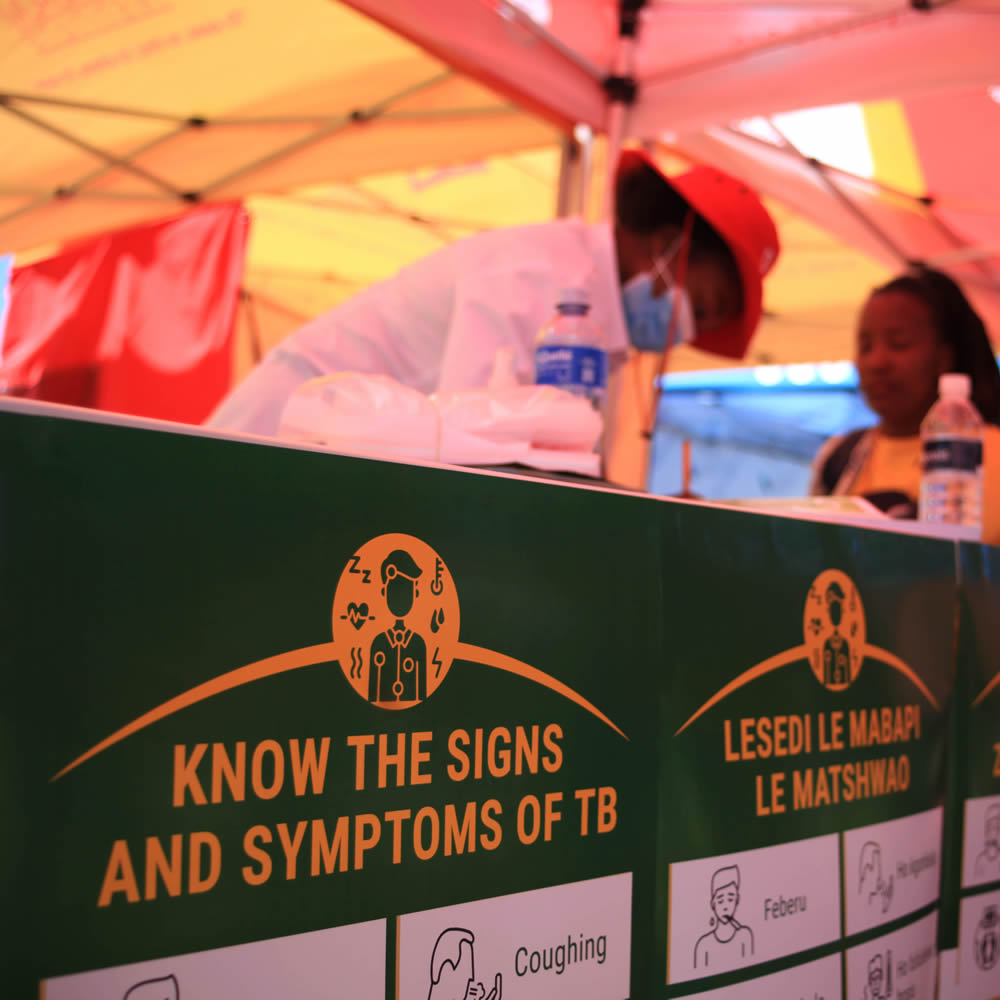BAMMISHO’s vision is to develop a world-class HDSS Node to conduct population-based research that informs policy and enhances community health outcomes. The node seeks to attract world-class researchers, build a robust scientific workforce, foster partnerships, and engage stakeholders to ensure that research findings translate into actionable policies and interventions. The Node will provide platforms for conducting implementation, clinical, and health systems research to address critical gaps in information, generate and translate evidence into public health policy and programmes.
BAMMISHO aims to attract a core of local and international researchers and will facilitate involvement from South African institutions by providing financial support to small, nested projects. Additionally, it will create a network of early career researchers (ECR) including PhD students, post-doctoral fellows, and junior faculty from participating institutions. BAMMISHO fully supports Vision 2035 of the RBN to achieve the long-term aspirations for good health for all citizens. The Node also supports UN Sustainable Development Goals (SDG3) related to improving population health and well-being.


Maps showing location of the Bafokeng community in the Bojanala district, North West province
Source: https://x.com/MaanoMadima/status/1559894676047527936
Population size and composition: The community has approximately 114,000 Setswana-speaking people living in the Rustenburg valley in approximately 43,000 households and 29 villages under the traditional leadership of King Leruo Molotlegi with their capital in Phokeng. The 29 rural villages comprising the Royal Bafokeng Nation are Phokeng, Kgale, Lefaragatlha, Bobuanja, Lenatong, Luka, Chaneng, Diepkuil (Maile), Kanana, Serutube, Tantanana, Tlaseng, Marakana & Mosenthal, Roodekraalspruit, Kopman (Maile), Thekwane, Photsaneng, Mfidikwe, Mabitse, Tlapa & Tlapa East, Mogono, Tsitsing, Rasimone, Mafenya, Lesung, Mafika, Maile Extension, Leloreng, Motsitle (Mamerotse), Mogajane, Robega (Royal Bafokeng Nation, 2017).
Research
BAMMISHO research platform will have three units:
The implementation research & data management division will provide essential information on population dynamics, burden of disease measures, and host implementation research studies aimed at population or community-level interventions. The data management wing will extract, transform, document, and load datasets for statistical analysis onto a shared data repository. The data repository provides an archival record of all datasets (including publication datasets) and facilitates secondary data analysis by both intra- and extra-institutional data users.
The clinical & laboratory research division will host clinical intervention and cohort studies. This unit will also provide support and innovation to discovery-focused and laboratory-based investigators as well as more routine high throughput diagnostic assays.
The health systems & public health division will manage health systems and health policy research and broader public health research. The division will also manage interaction with the health service delivery system, health care providers, and patients.
BAMMISHO’s research will quantify changes in patterns of disease, identify underlying causal pathways, and test interventions to improve health outcomes. It will address the quadruple epidemic of diseases such as HIV/AIDS, TB, chronic diseases of lifestyle, violence, and trauma. The research will describe trends in infant, maternal, and adult mortality, and chronic disease with aging.
The research will also contribute to ongoing longitudinal SAPRIN node analysis using demographic and verbal autopsy data. It will identify changes in household economics and describe associations between household economics and health, migration, social cohesion, and household demographics. The research will describe diet, food security, under and over nutrition across the lifespan, and the impact of social and demographic changes on these factors. BAMMISHO will characterize key individual, household, and community factors that contribute to resilience in the face of economic and climate change and how they affect health. The research will provide a nuanced understanding of the multiple drivers of migration and the impact of migration from rural areas to urban areas on the households and communities affected by outmigration and the migrants themselves. It will describe the effect of educational opportunities and attainment on each of these research areas.
Contact BAMMISHO
Get in touch via gsetswe@auruminstitute.org or fndebele@auruminstitute.org




